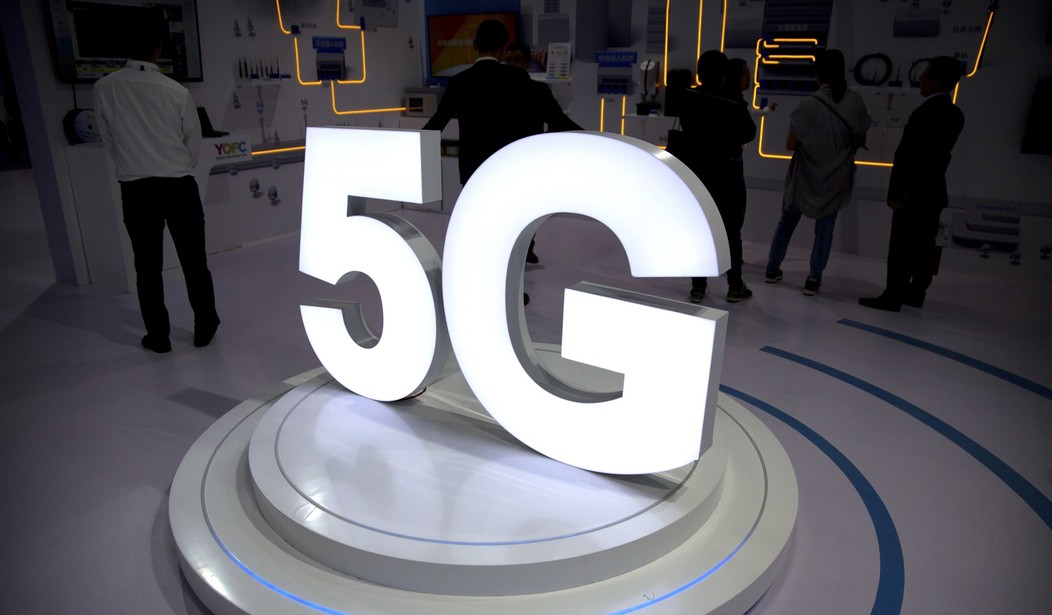America’s tech and economic future depends to a great extent on our ability to lead the world in 5G wireless technology, and that future is being threatened by some needless concerns coming from the Federal Aviation Administration (FAA).
The FAA says they are worried that 5G wireless, specifically a portion of the middle band spectrum (referred to as the C-Band), will interfere with the ability of radio altimeters to measure and relay a plane’s altitude to pilots. Unfortunately, the information on which the FAA bases its fears is wrong, as it is the result of a poorly designed and conducted study that mischaracterizes the issue while ignoring real-world evidence that 5G poses no threat to aviation.
Protecting altimeters from interference is very important. That is why the Federal Communications Commission (FCC), the designated expert agency with experience and responsibility to understand spectrum and interference issues, concluded that the C-Band spectrum allotments for 5G would not cause a problem for pilots. After careful study, over several years, they found that mandating 220+ megahertz of separation between 5G C-Band operations and the space aviation occupies would provide more than enough buffer room to let them safely coexist without interference.
This decision is backed up not only by more reliable studies than the single, flawed analysis that the FAA cites but also by real world experience. In fact, analysis by 5G Americas says coexistence studies by the aviation industry have “significant shortcomings” – calling the one cited by the FAA as “overly conservative.” Beyond that, in Japan, where 90,000 5G base stations are currently deployed, a 100-megahertz guard band – less than half the FCC rule – has provided a perfect track record of safe ground-to-air systems operations. Switzerland, Italy, Spain, and several other European countries have had a similar experience. Despite the FAA’s last-minute protest, it is overwhelmingly clear that 5G, correctly deployed as the FCC requires, is not a danger to aircraft.
Recommended
What is at stake is a knee-jerk regulatory reaction that would slow or block 5G deployment at the detriment of consumers who want faster and more dependable wireless services, and the loss of U.S. leadership in 5G is a very real danger. Impeding deployment based on unfounded claims would put the U.S. even further behind the Chinese, who are doing everything in their power to deploy 5G. Essentially, it would hinder progress in every important thing this technology impacts, from national security to education to healthcare to business. Countries that don’t get 5G right are going to be left behind, as will their consumers.
5G networks and the Internet-of-Things will usher in a new era of innovation. Smart Cities and homes will be more comfortable, safer, and better equipped to meet our needs. Traffic will flow more smoothly and faster, and first responders will have more tools and capabilities available to them. Additionally, the 5G economy will create nearly $1.5 trillion in U.S. GDP and 4.5 million jobs over this decade.
There is also the issue of the revenue the government receives from spectrum sales. The FCC auction of mid-band spectrum that wrapped up last January took in over $80 billion. With Congress intent on passing record-high spending plans, this is no time to devalue the spectrum that wireless providers are eager to acquire to deploy their networks.
If the FAA were right about the 5G threat to altimeters, we would already be seeing it -- but we’re not. There is no credible evidence to support their claims and plenty that disproves them. Building out U.S. 5G capacity is far too important to let a problem that doesn’t exist slow it down.
Steve Pociask is president and CEO of the American Consumer Institute. While he also chairs the FCC’s Consumer Advisory Committee, the opinions expressed here are his own.
























Join the conversation as a VIP Member